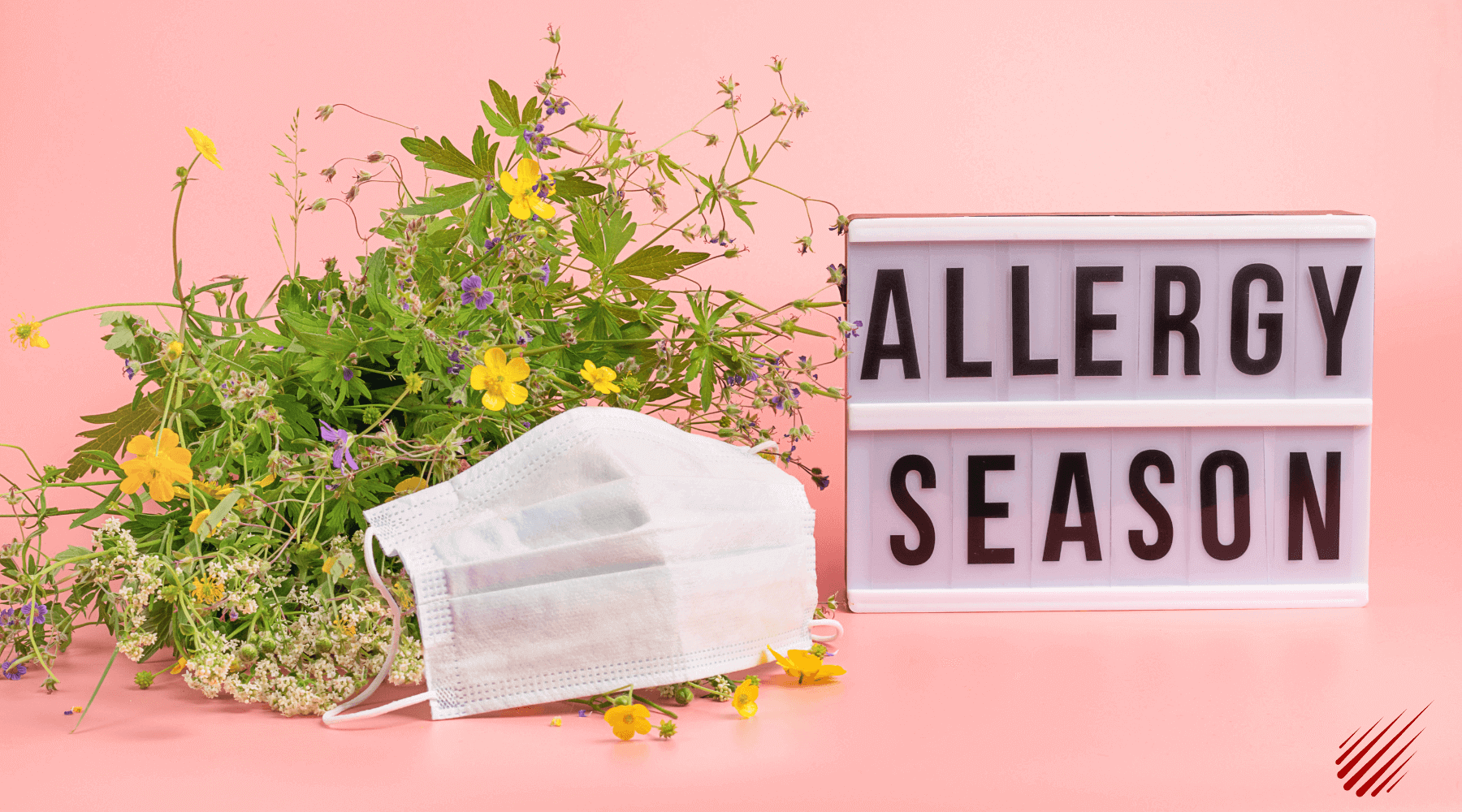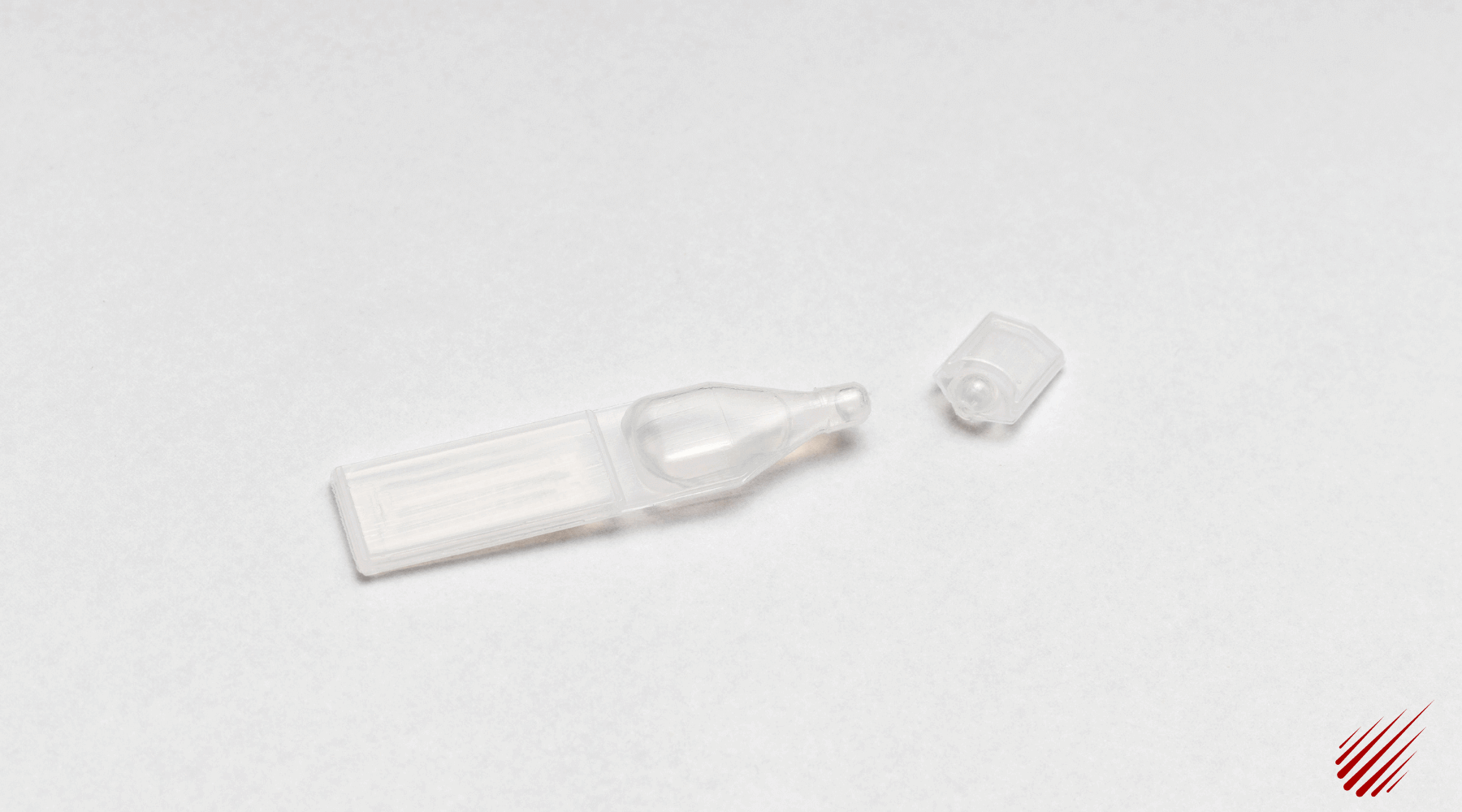
What Are Allergies & How Do I Treat Them?
If you suffer from allergies, you must know how infuriating it is to experience itchy or watery eyes, a scratchy throat, and uncontrollable sneezing. You will not feel your best with allergies, and you are probably looking for a solution. Before buying any products, consult your doctor and educate yourself on allergies and treatments.
What Are Allergies?
Allergies transpire when your immune system reacts to certain, typically harmless substances- such as pollen, dust, or pet dander. Your immune system mistakes these harmless allergens for viruses or infections and tries to fight them the same way. Which, in turn, inflames your skin, sinuses, airways, or digestion.
When having an allergic reaction, your body recognizes particular allergens as “invaders.” Allergens can range from pollen, animal dander, mold, dust mites, detergents, and food, amongst other things. Your immune system wants to protect you and does so by producing allergic antibodies. These antibodies act like security guards who try to find the allergens and remove them from your system. When the antibodies find the allergens, fighting ensues and produces an inflammatory chemical called histamine. Histamine causes allergic reaction symptoms, such as runny nose, itchy/watery eyes, and sneezing.
When you experience allergies, it can limit your day-to-day activities depending on how severe your symptoms are. The severity of your symptoms could range from having a mild reaction to a severe life-threatening reaction, such as anaphylaxis.
For most allergies, there is no cure, but there are over-the-counter treatments available. Always ask your doctor about finding the correct treatment. You can find some on our website at xeteor.com/allergies.
Causes & Symptoms
How you experience your symptoms will depend on what type of substance was involved and how you came into contact with it. There are multiple ways to come into contact with an allergen, such as ingestion, inhalation, injection, and absorption.
- Absorption: Allergens are absorbed through the skin—for example, laundry detergent, poison ivy, latex, and beauty products.
- Ingestion: Take an allergen by mouth—for example, medications or food.
- Inhalation: Breath in an allergen, which goes through your nose and lungs. These allergens are small enough to float through the air—for example, pollen, dust mites, mold spores, pet dander, and latex dust.
- Injection: Receive medicine by needle or get stung by insects—for example, vaccines, bee stings, and bug bites.
Most symptoms are mild. In some severe cases, you could go into anaphylaxis shock.
Some symptoms associated with an allergic reaction might include:
- Itchy, watery eyes
- Itchy nose
- Itchy throat
- Sneezing
- Runny nose
- Rashes
- Hives
- Stomach cramps
- Vomiting
- Diarrhea
- Bloating
- Swelling
- Redness
- Pain
- Tongue swelling
- Cough
- Throat closing
- Wheezing
- Chest tightness
In the most severe case of an allergic reaction, anaphylaxis/anaphylaxis shock will happen. This is when your whole body reacts to an allergen within minutes of being exposed to it, causing your body to go into shock. This is a life-threatening situation, and you should call 911 as soon as you can.
Signs of anaphylaxis symptoms include any of the symptoms above, along with:
- Swelling of the throat
- Difficulty breathing
- Lightheadedness
- Confusion
- Blue skin or lips
- Collapsing and losing consciousness
This is a medical emergency and requires immediate treatment. Please consult your doctor if you have severe life-threatening allergies.
Treatment
There are a few ways to treat your symptoms, depending on how severe they are. You could avoid allergens altogether, take over-the-counter medication, or immunotherapy.
- Avoiding allergens: See what allergens trigger your reactions. Talking with your doctor is the most effective way to identify your allergies and avoid them in the future.
- Medication: There are a bunch of over-the-counter medicines that will help prevent/stop an allergic reaction. They come in different forms, such as tablets, capsules, creams, liquids, eye drops, or nasal sprays.
- Antihistamines: They help reduce or stop histamines. They try to stop allergy symptoms, but you might notice that they do not relieve all symptoms—for example, Cetirizine (Zyrtec), Loratadine (Claritin), and Diphenhydramine (Benadryl).
- Nasal Sprays: They help relieve congestion for colds and allergies—for example, Fluticasone (Flonase), Xlear, and Saline (Ocean).
- Eye Drops: They help relieve itchy, watery eyes—for example, Ketotifen Fumarate (Zatidor), Lubricating (Systane), and Tetrahydrozoline (Visine).
- Lotions & Creams: They help relieve rash, eczema, and psoriasis—for example, Banophen Anti-itch Cream (Benadryl Cream), Calamine Lotion, Anti-Itch Lotion (Sarna Lotion).
- Immunotherapy: This step is when you have tried the previous treatments and have had no luck relieving your symptoms. This is suggested for people who are more sensitive to allergens. Immunotherapy involves a series of injections of allergens or antibodies administered throughout a few years. This does not cure your allergies. It lessens the severity of the reaction.
- Epinephrine: This is designed for people with severe allergic reactions. Your doctor might prescribe you to carry an epinephrine pen in case of an anaphylaxis shock. Ask your doctor how to administer this medication properly.
Overall
The number of people with allergies is increasing every year. Reactions usually occur at a young age, but adults can develop allergies later on due to a weakening immune system. If you experience an allergic reaction, have no fear and take the necessary steps to know what triggers you, try to prevent the reaction, and treat the allergies when it happens. Always talk to your doctor to receive the correct information on allergies and how it affects you.
Sources
- Asthma and Allergy Foundation of America. (2018, March). Allergy Treatment. Asthma and
Allergy Foundation of America. Retrieved March 24, 2022, from
https://www.aafa.org/allergy-treatments/ - John Hopkins University. (n.d.). Allergies and the Immune System. Johns Hopkins Medicine.
Retrieved March 24, 2022, from
https://www.hopkinsmedicine.org/health/conditions-... - Mayo Foundation for Medical Education and Research. (2020, August 4). Allergies. Mayo Clinic.
Retrieved March 24, 2022, from
https://www.mayoclinic.org/diseases-conditions/allergies/diagnosis-treatment/drc-20351503
- NHS. (n.d.). Allergies. NHS choices. Retrieved March 24, 2022, from
https://www.nhs.uk/conditions/allergies/treatment/... - WebMD. (2020, March 6). Allergy basics: What happens during an allergic reaction? WebMD.
Retrieved March 24, 2022, from https://www.webmd.com/allergies/allergy-basics
Disclaimer
We are not liable for inaccuracies or misstatements about the information provided above. We do not provide medical advice or recommendations. You should not use the information provided by xeteor.com for diagnosing or treating a health problem or disease. If you have or suspect that you have a medical problem, immediately contact your health care provider. Information and statements regarding dietary supplements have not been evaluated by the Food and Drug Administration or any other government agency and are not intended to diagnose, treat, cure, or prevent any disease.


